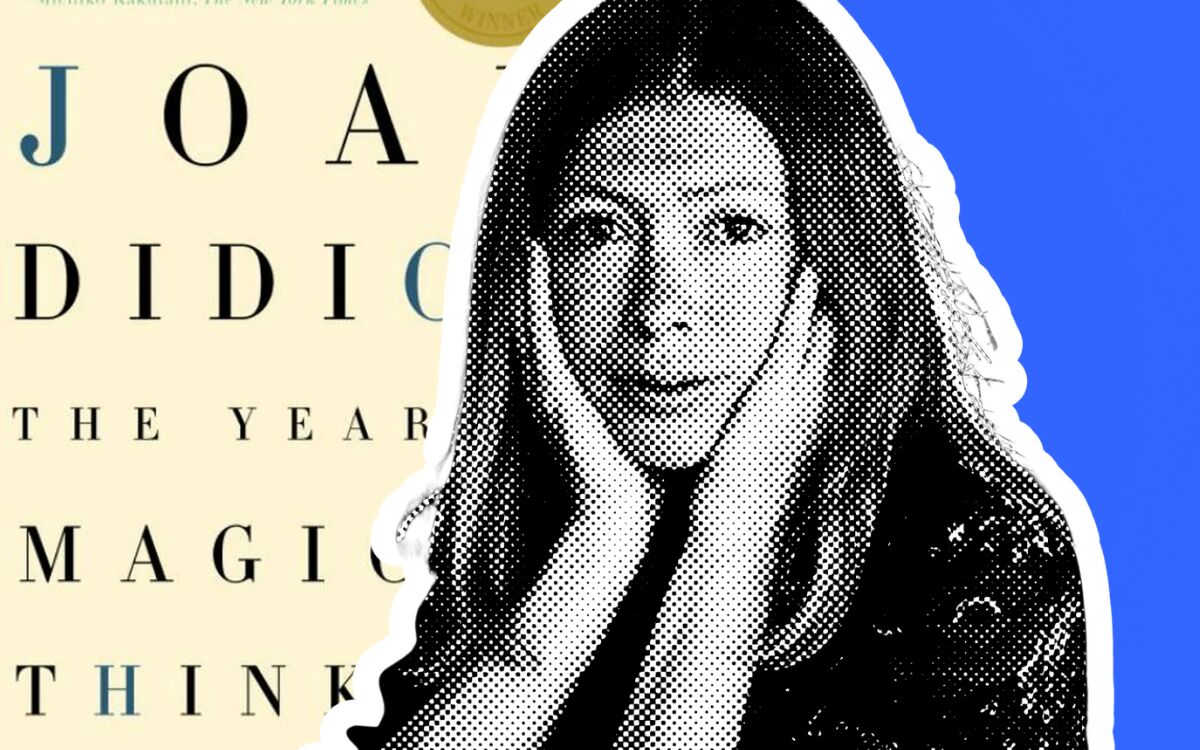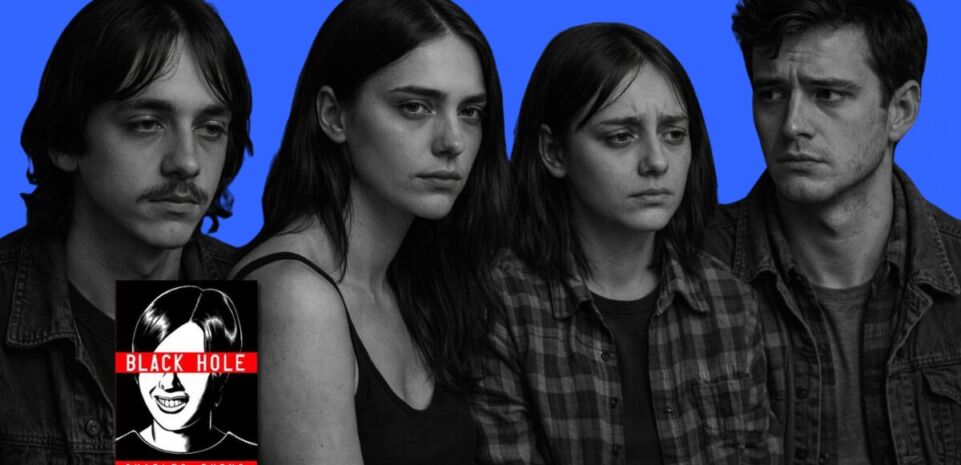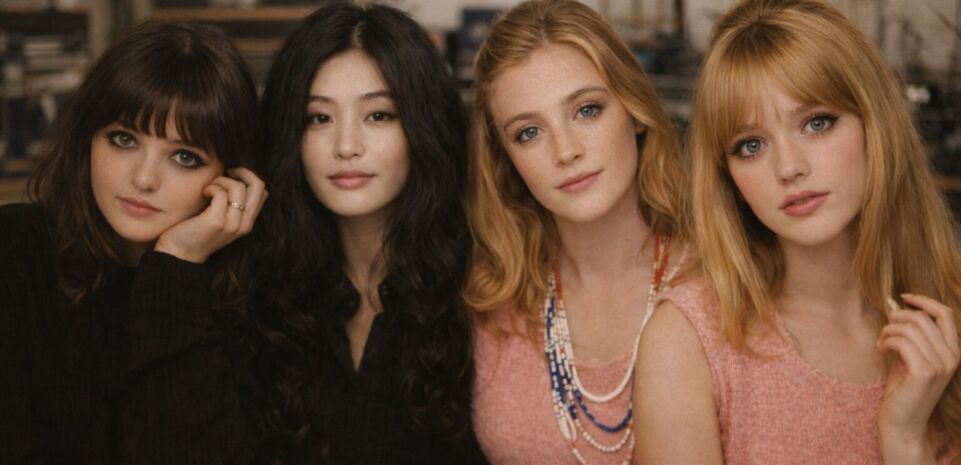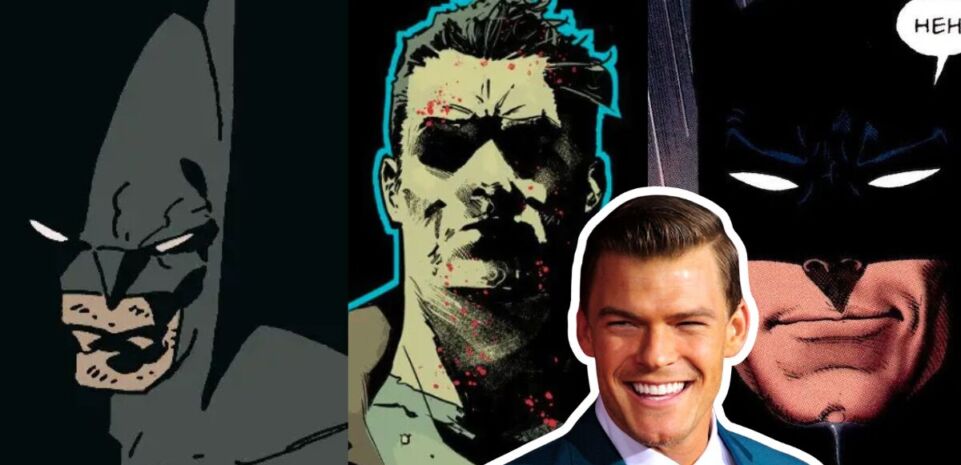
A call to arms for the most overdue casting conversation in Hollywood
When Deadline quietly announced in late 2023 that writer-director Matthew Wilder would helm a Joan Didion biopic, the film world should have erupted. Instead, one of the most influential American voices of the twentieth century, an author who defined the way we write about California, politics, and grief, slipped into cinematic limbo. Nearly two years later, there is still no casting news, no teaser, not even a leaked photo from pre-production.
The film, still officially untitled, promises something rare: not a cradle-to-grave adaptation, but a dreamlike day in the life of Didion in late-1960s California. Think Antonioni by way of The White Album: Didion moving through scenes of cultural fracture, from Manson girls to Nancy Reagan, as America rewrites itself in real time. It ends, we’re told, with an AI version of Didion confronting a near-future dystopia. It sounds wild, risky, and exactly the kind of narrative that could capture her anxious clairvoyance.
So why has no one been talking about it?
A Masterpiece Still Waiting for Its Muse
Every great biopic lives or dies on one question: who will play the legend?
And when it comes to Joan Didion, the possibilities are rich and polarizing. The casting requires someone with precision, restraint, and that unnerving mix of fragility and control. Someone who can deliver a devastating sentence with a whisper, not a scream.
Names like Carey Mulligan, Rooney Mara, Claire Foy, and Kristen Stewart come to mind, actresses who can carry a quiet storm. Others point toward relative newcomers, perhaps a discovery who can vanish entirely into Didion’s silhouette: angular, poised, every word a scalpel.
And yet, the silence continues. No casting updates. No buzz. Just a project adrift in development while lesser literary adaptations make headlines.
Why the Silence?
There are a few possible explanations.
Financing limbo. The project was shopping investors at AFM 2023 under David Michaels’ Enfant Terrible Cinema. Indie biopics without major studio backing often take years to secure full funding.
Creative precision. Wilder is known for hallucinatory, idea-driven films such as Seneca and Regarding the Case of Joan of Arc. Projects like these live or die by tone, and finding the right Didion may simply be taking time.
Industry fatigue. After a wave of writer biopics like Capote, Sylvia, and Fear and Loathing in Las Vegas, the industry may underestimate the cinematic power of a journalist at her typewriter.
Market confusion. Didion’s world isn’t built for TikTok virality. It is built for reflection, nuance, and quiet awe, and that is not how most studios greenlight films in 2025.
But none of that excuses the vacuum of conversation. If anything, Didion’s story is more relevant now than ever. Every anxiety she diagnosed has only grown sharper: political distrust, curated emotion, the collapse of truth itself.
A Joan Didion Movie Shouldn’t Be Quiet
It’s time to start talking.
Who should play Joan Didion? Who can inhabit that mixture of intellect, detachment, and moral clarity?
This film doesn’t need just a star. It needs a performance that recalibrates our idea of literary cinema. A role like Lydia Tár or Jackie, where acting, intellect, and style fuse into something enduring.
The longer Hollywood stays silent, the more urgent this conversation becomes. Because Joan Didion isn’t just another biopic subject. She is the mirror America keeps trying not to look into.
And until someone dares to step into that reflection, the Joan Didion biopic remains the most important unmade film in Hollywood.


